Understanding Copper Pipe Stoppers
Copper pipe stoppers play a pivotal role in the integrity of plumbing systems, serving as essential components for controlling fluid flow within pipes. These stoppers are designed to seal the end of copper pipes, preventing leaks and ensuring a secure closure. The application of copper pipe stoppers spans across various industries, from residential to commercial settings, highlighting their versatility and importance in modern plumbing solutions.
Types and Applications
The variety of copper pipe stoppers includes copper pipe leak stoppers and copper pipe water stoppers, each tailored to address specific sealing needs. Leak stoppers are crucial for maintaining the efficiency of a plumbing system by preventing water wastage and potential damage. Water stoppers, on the other hand, are designed to manage the flow within water supply systems, ensuring a reliable and controlled distribution of water.
Material Advantages and Features
Copper, as a material for pipe stoppers, offers several advantages. Its natural corrosion resistance ensures longevity and durability, making copper pipe stoppers a suitable choice for long-term applications. Additionally, the inherent strength of copper allows these stoppers to withstand a range of temperatures and pressures, making them a reliable option for various plumbing scenarios.
Complementary Components
In a comprehensive plumbing system, copper pipe stoppers are accompanied by other vital components. P-traps, for instance, are integral in preventing odors by holding water within the curve to block sewer gases. Pipe caps are also used alongside stoppers to terminate the flow in a pipeline and safeguard the threads from damage or contamination.
Selection Considerations
When selecting a copper pipe stopper, it is essential to consider the specific requirements of the plumbing system. Factors such as the type of fluid being conveyed, the environmental conditions, and the pressure requirements play a significant role in determining the most suitable stopper. It is crucial to match the stopper to the pipe's diameter and the system's specifications to ensure a secure fit and optimal performance.
Conclusion
In conclusion, copper pipe stoppers are integral to the functionality of plumbing systems, offering a reliable solution for sealing and managing fluid flow. Their durability, resistance to corrosion, and versatility make them a preferred choice in various applications. While selecting the appropriate stopper, it is important to consider the system's specific needs to ensure a proper match and seamless operation.
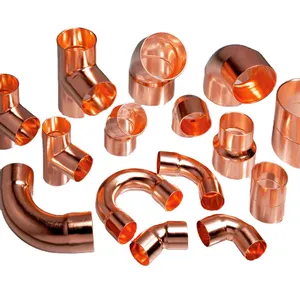

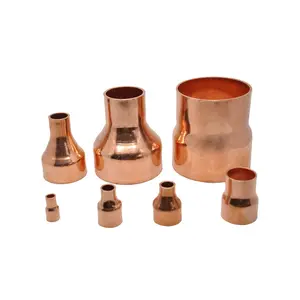



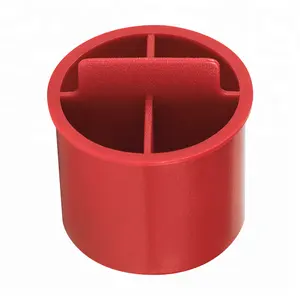

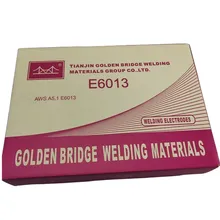
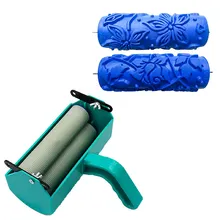
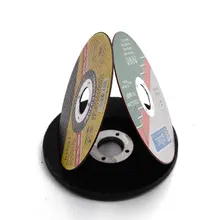
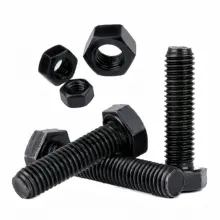






























 浙公网安备 33010002000092号
浙公网安备 33010002000092号 浙B2-20120091-4
浙B2-20120091-4